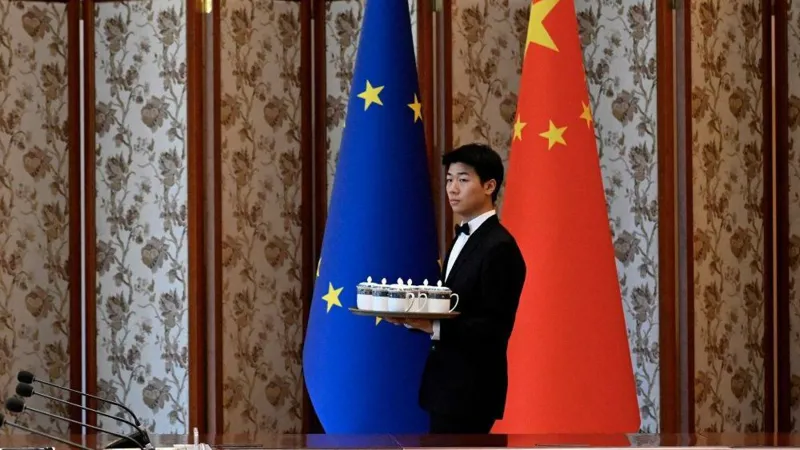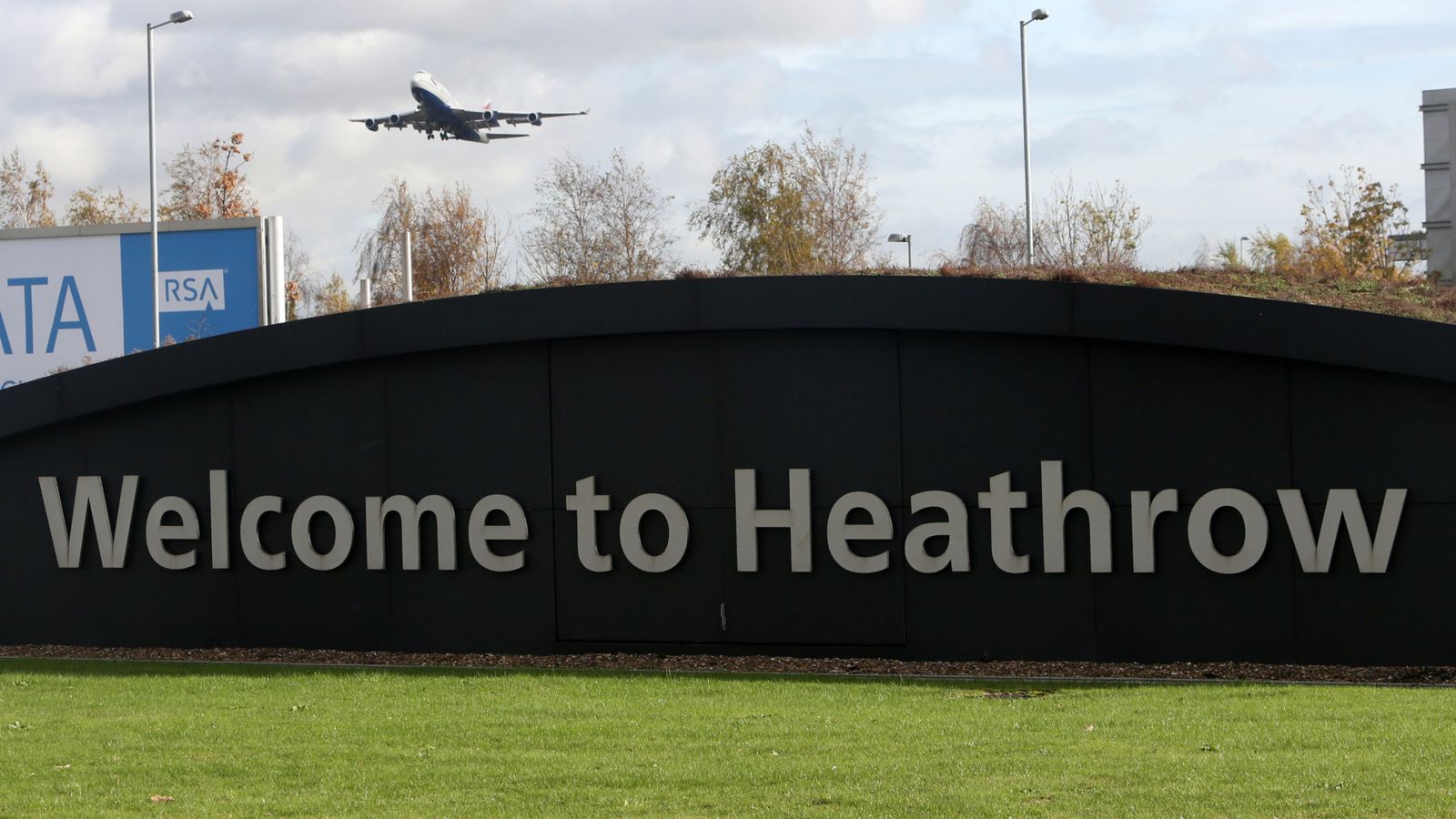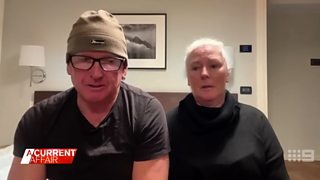EU-China summit kicks off under shadow of fraught ties
A summit between China and the European Union (EU) has kicked off in Beijing on Thursday, with leaders set to discuss issues ranging from trade conflict to the war in Ukraine.

Expectations have been tempered however by uncertainty over global trade, politics and the attendance of Chinese President Xi Jinping, after he had earlier reportedly declined a visit to Brussels, where the summit was originally to be held.
China confirmed this week that Xi would meet European Commission president Ursula von der Leyen and European Council president Antonio Costa in Beijing.
Optimism had surrounded EU-China relations at the start of the year, with hopes that a Donald Trump presidency in the US would bring the two economic powerhouses closer.
But months on, EU-China ties are more fraught than before.
Low expectations as meetings convene
The summit is an opportunity for the EU and China to "advance and rebalance" their relationship, Von der Leyen wrote on X shortly after arriving in Beijing.
"I'm convinced there can be a mutually beneficial cooperation... One that can define the next 50 years of our relations," she said.
Her words echo the image of hope that both sides have projected ahead of the summit. EU officials had said that they were ready for frank conversations, while Chinese officials had framed it as a chance for greater collaboration.
A Chinese foreign ministry spokesperson had told reporters on Tuesday that the bilateral relationship was at a "critical juncture of building on past achievements and opening up a new chapter".
But despite this, there is little optimism in Brussels that anything significant will emerge from the summit, even though the EU's 27 member states are grappling with similar pressures to China, not least the tariffs imposed on their exports to the US.
There had been hope of finding common cause and European Commission President Ursula von der Leyen spoke earlier this month of the EU's relationship with Beijing as "one of the most defining and consequential for the rest of this century" and of the need to making progress on deadlocked issues.
But President Xi's decision to reject an invitation to Brussels earlier this year, and then to show up in Moscow in May for Russia's annual World War Two victory parade, made for a poor start.
Engin Eroglu, who chairs the European Parliament's China delegation, believes that an already fragile trust between China and the EU has reached a new low: "In this atmosphere of strategic mistrust, the mood is clearly tense - if not frosty."
One of the main things that has led to the deterioration of relations between the two giants is the issue of the Russia-Ukraine war.
The EU's decision to impose sanctions last week on two Chinese banks for their role in supplying Russia has annoyed Beijing in the run-up to this summit and made for an awkward climate.
China said it had lodged "solemn representations" to the EU's trade chief ahead of the summit.
And reports that Chinese foreign minister Wang Yi allegedly told EU foreign policy chief Kaja Kallas this month that Beijing did not want to see Russia lose the war in Ukraine - contradicting China's official position of neutrality - have also been circulating.
Wang Yi reportedly said that the Russia-Ukraine war would keep the US distracted from its rivalry with China - something Beijing has denied.
Kallas had earlier this year called China the "key enabler of Russia's war" in Ukraine, adding that "if China would want to really stop the support, then it would have an impact".
Trade relations are also central to the EU's concerns.
After the EU imposed tariffs on Chinese-made electric vehicles last year, Beijing came up with retaliatory duties on European liquor.
And this month, Beijing restricted government purchases of EU medical devices - a response to the EU imposing similar limitations on Chinese medical equipment in June.
And perhaps more importantly, China also raised export controls on rare earths and critical minerals this year and the European Commission's von der Leyen has accused Beijing of using its "quasi-monopoly" on the global market in rare earths as a weapon to undermine competitors in key industries.
Europe is already frustrated by seeing its industries threatened by cheap, subsidised Chinese goods. Last year's trade deficit with China was €305.8bn ($360bn; £265bn) and it has doubled in just nine years.
In an earlier interview with Chinese state-linked news outlet the Paper, China's ambassador to the European Union Cai Run took issue with the EU's positioning of China as a "partner for co-operation, economic competitor, and systemic rival".
"The EU's threefold positioning of China is like a traffic light going green, amber and red lights all at once. Not only does it fail to direct traffic, it only creates difficulties and obstruction."
-BBC





